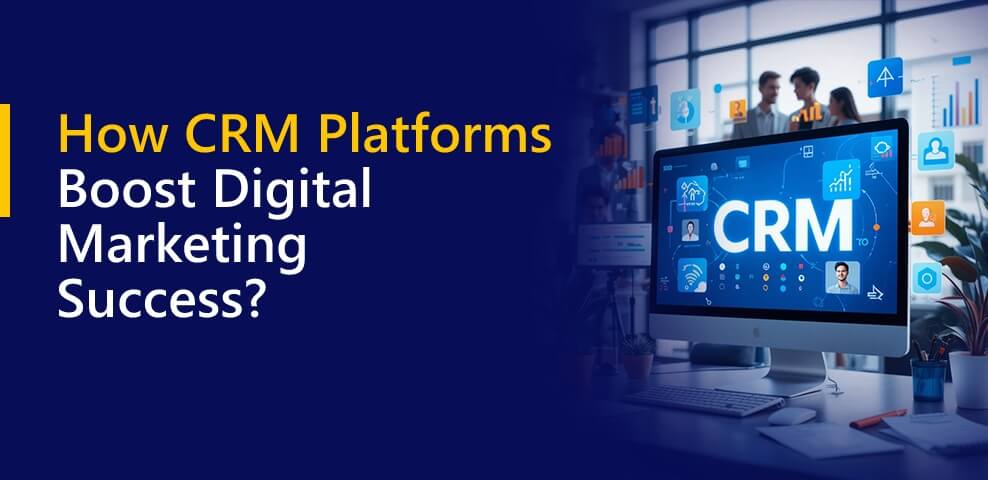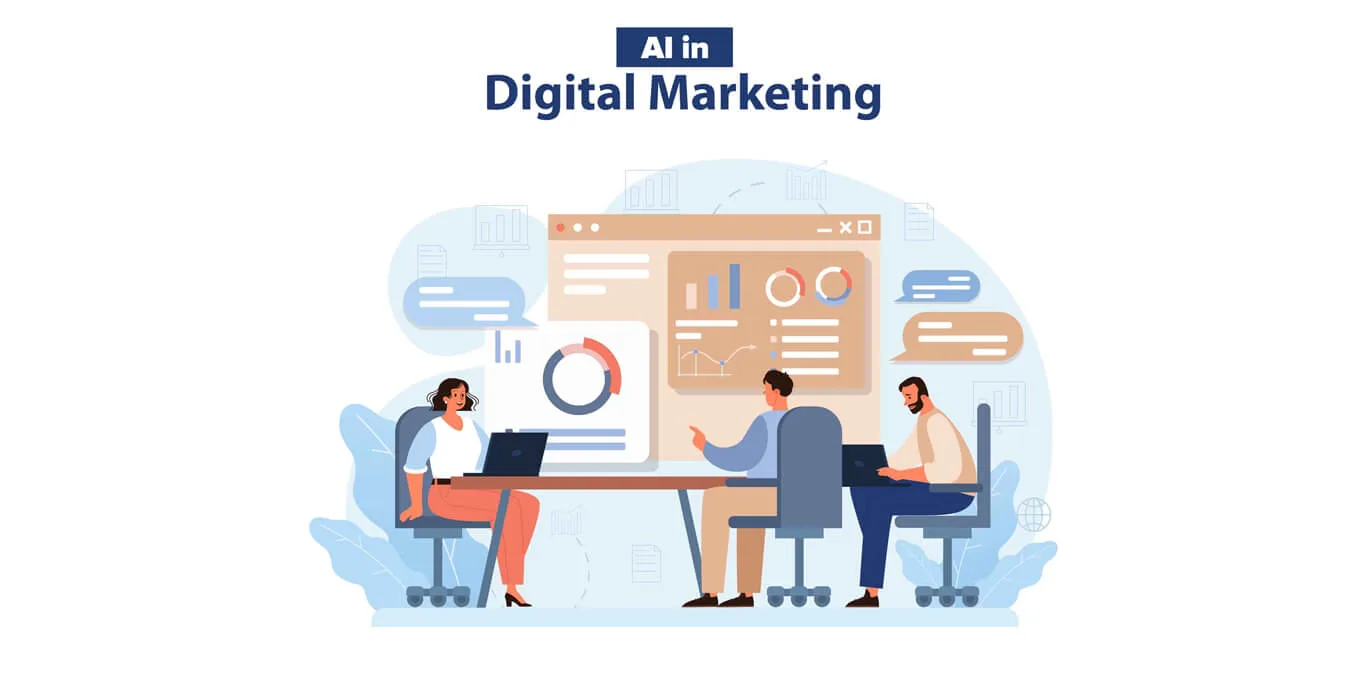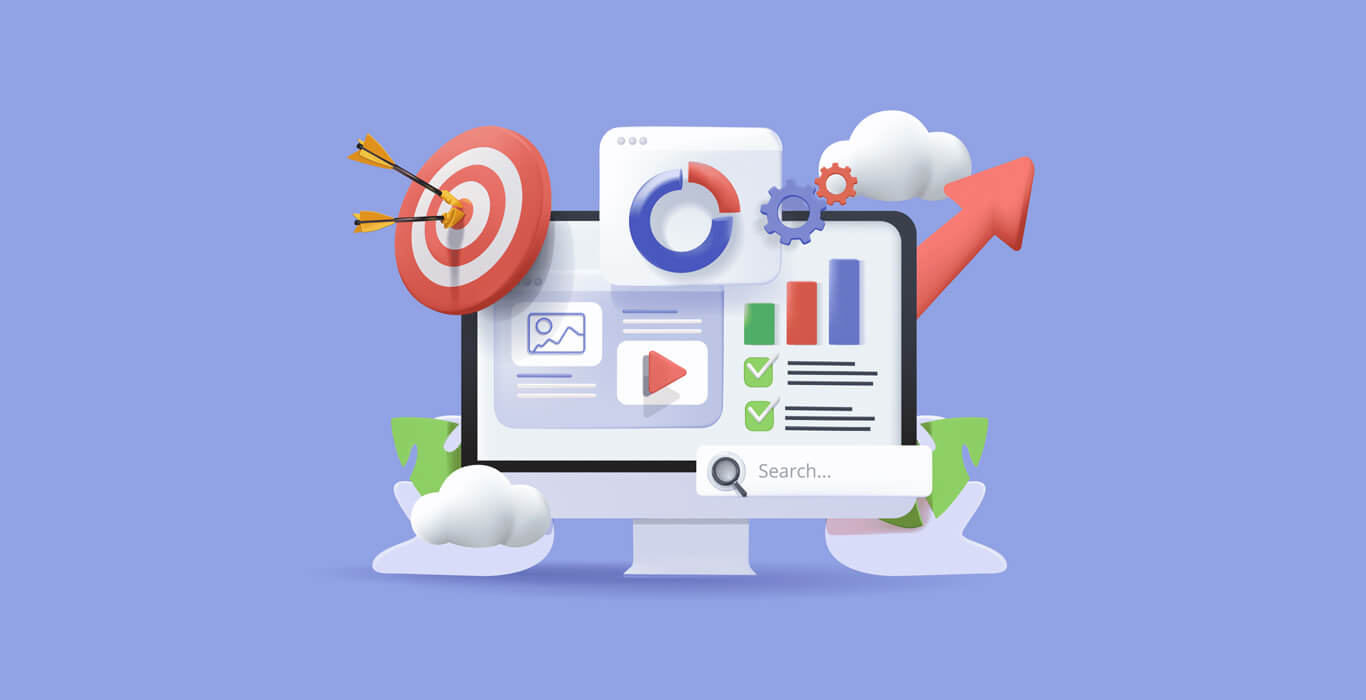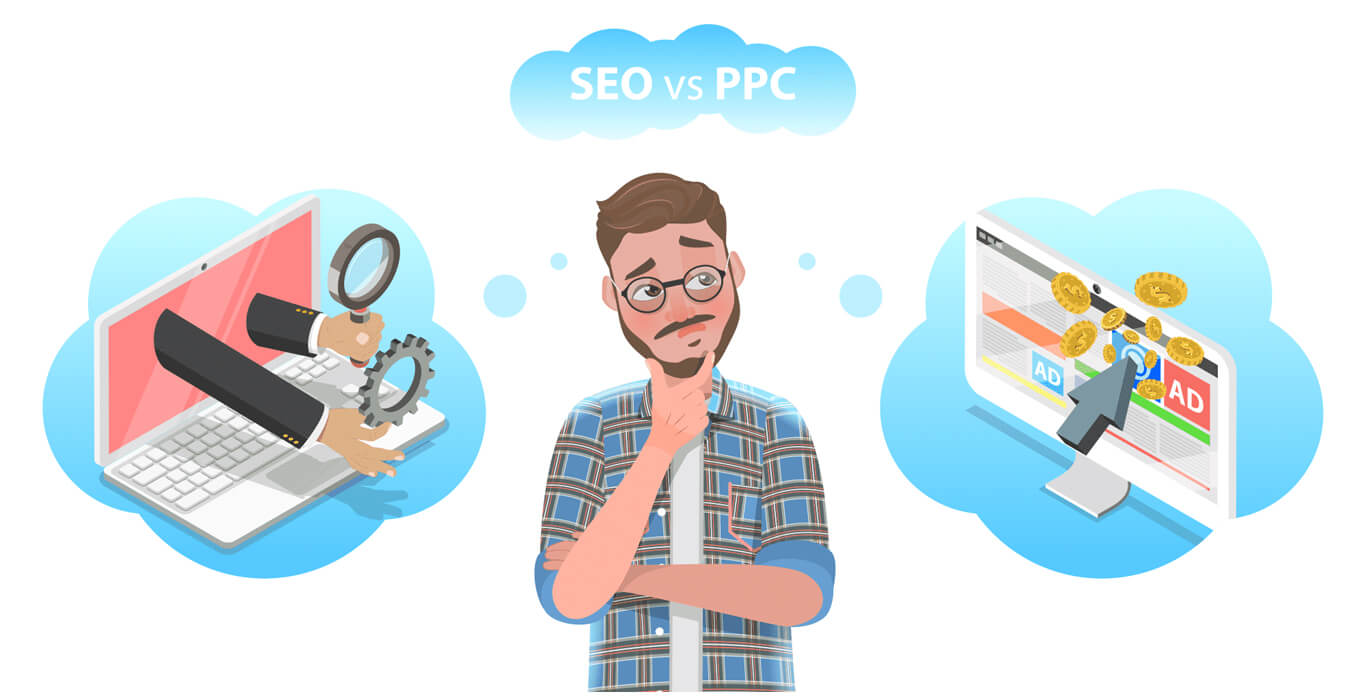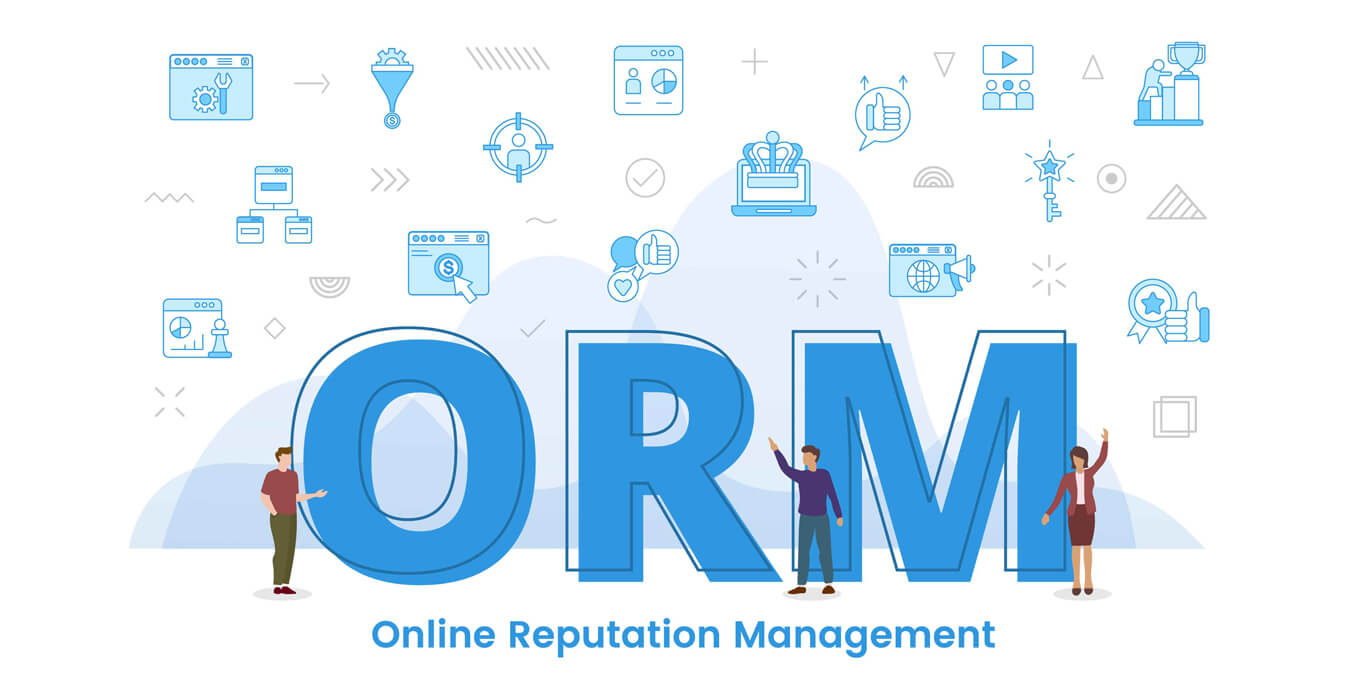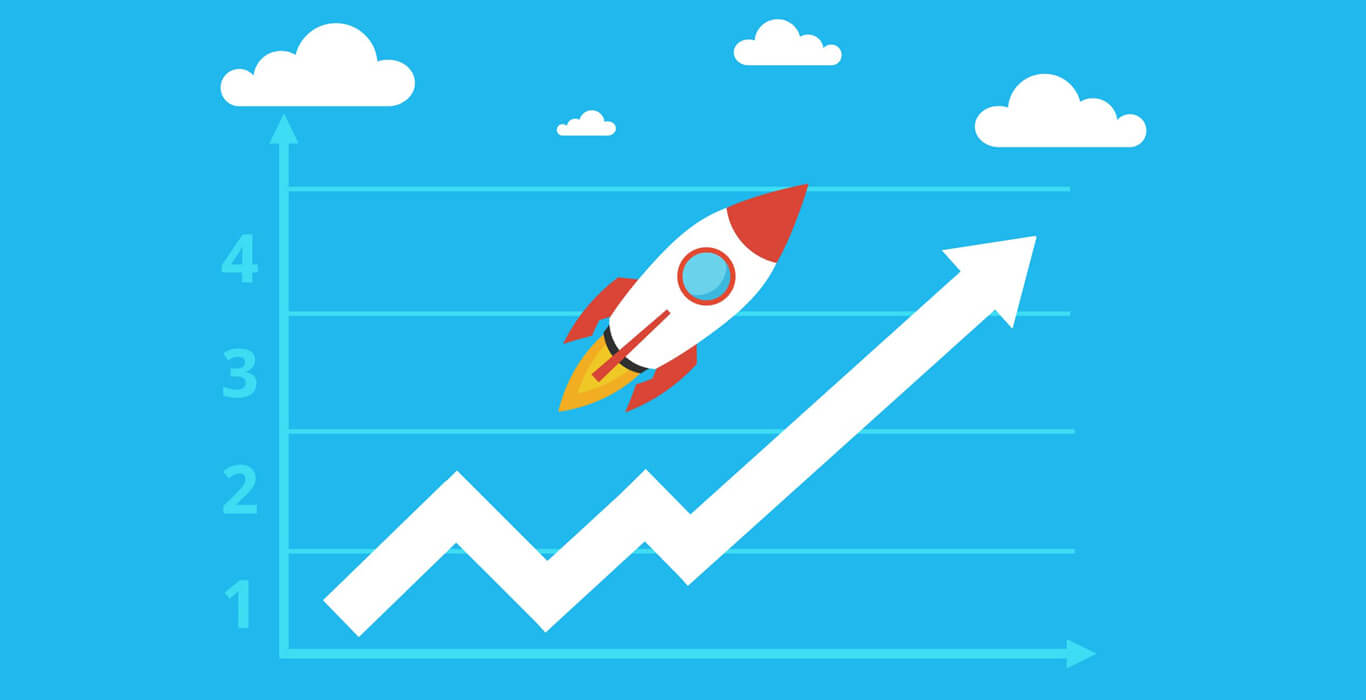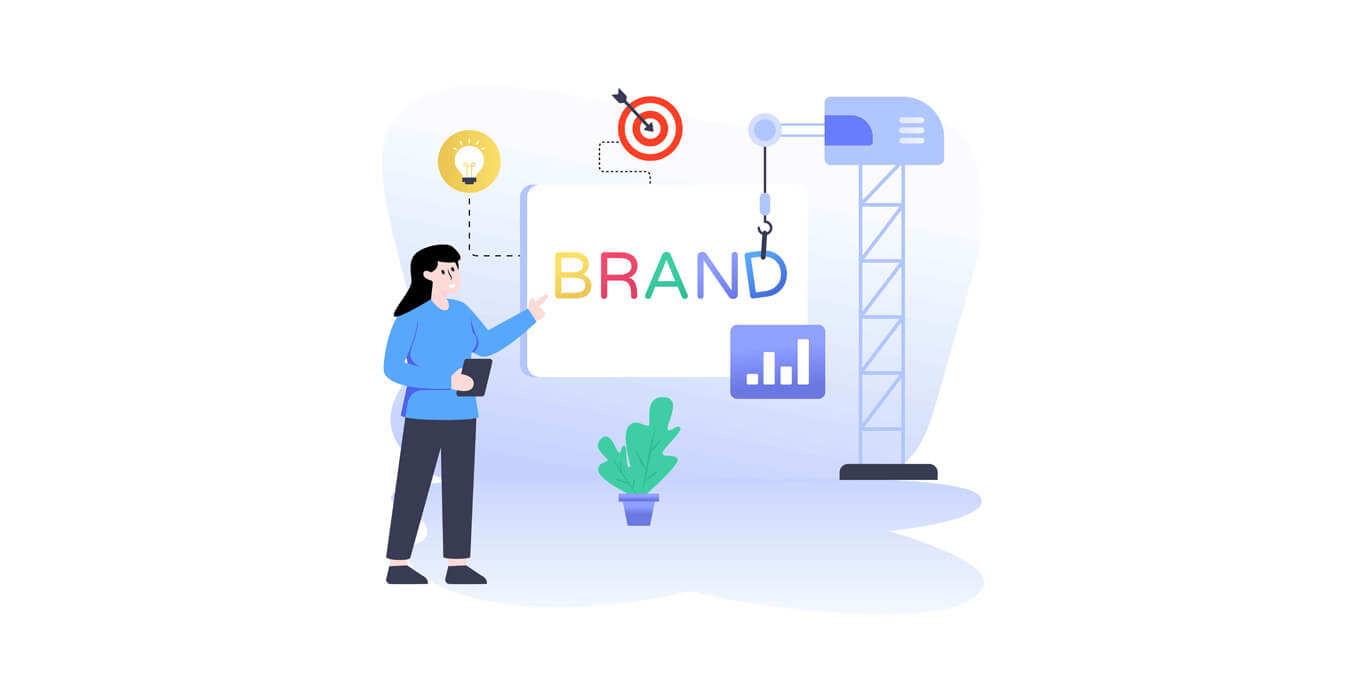By incorporating CRM into your digital marketing efforts, you’re able to create campaigns that speak directly to the needs and desires of your audience. Whether it’s automating follow-up emails or offering personalized discounts, CRM allows businesses to connect with the right people at just the right moment. This level of personalization is essential in today’s fast-paced, competitive digital world, where customers expect brands to understand their needs and provide relevant experiences.
CRM tools in digital marketing come in different shapes and sizes, each designed to help businesses tackle specific challenges and streamline their processes. Here’s a quick rundown of the main types of CRM tools you might encounter:
If you love data, this one’s for you. Analytical CRM tools focus on gathering customer data and turning it into insights that guide better decision-making. By analyzing customer behaviour and preferences, businesses can tweak their marketing strategies to be more relevant and effective, ultimately driving better results.
When teams work together, great things happen. Collaborative CRM systems are built to improve communication between departments like sales, marketing, and customer service. With everyone sharing insights and updates, you can ensure a seamless and personalized experience for customers, no matter where they are in their journey.
For businesses that are focused on long-term growth, strategic CRM is all about building deep, lasting relationships with customers. This type of CRM helps companies develop relationship marketing strategies that keep customers coming back, turning one-time buyers into loyal advocates.
Now that we’ve explored the different types of CRM tools, let’s take a closer look at how CRM works in the digital marketing landscape. CRM software is a powerful tool that helps businesses understand their customers better. It collects data from multiple sources: websites, social media, and emails to provide a comprehensive picture of what customers like, need, and how they engage with the brand.
CRM in digital marketing is all about making your customer interactions smoother and more effective. Here’s how CRM platforms can make a real difference in your marketing efforts:
Imagine having all your customer information in one place, easy to access whenever you need it. CRM centralizes all your data, from contact details to interaction history, so you can get a clear picture of your customers and make smarter decisions.
Let’s face it, some tasks are repetitive, but with CRM, you don’t have to worry about them. Whether it’s sending automated emails, setting up follow-ups, or reminders, CRM tools handle these tasks, giving you more time to focus on creative strategies.
Not all customers are the same, so why should your marketing be? CRM allows you to segment your audience based on factors like behaviour, preferences, or demographics. This way, you can tailor your campaigns to speak directly to each group, making them more effective.
How do you know if your marketing campaigns are working? CRM tools track how well your campaigns are performing in real time, helping you see what’s working and what needs improvement. With this feedback, you can fine-tune your strategies for even better results.
CRM, or Customer Relationship Management, is all about strengthening customer relationships by helping businesses manage interactions smoothly. It allows businesses to foster deeper connections by understanding and meeting their customers’ needs.
CRM software automates the process of tracking and scoring leads. This ensures that your sales team can focus on the highest-quality leads, helping them close more deals and make better use of their time.
One of the standout benefits of CRM is its ability to keep all your customer data in one place. With this organization, businesses can easily access and analyze important information to refine their marketing strategies.
With CRM, you can segment your audience based on factors like demographics, preferences, and behaviours. This means your marketing efforts can be laser-focused, delivering content that resonates with the right people.
CRM platforms encourage collaboration across teams—whether it’s marketing, sales, or customer support. By ensuring everyone is aligned, businesses can create more cohesive and successful customer experiences.
CRM tools provide actionable insights into customer behaviour and marketing performance. This data empowers businesses to make informed decisions, optimize strategies, and refine their marketing approaches for better results.
With automation built into CRM systems, repetitive tasks like email outreach, social media posting, and follow-ups can be automated. This saves your team valuable time and frees them up to focus on more strategic initiatives.
By tracking customer interactions and understanding their preferences, CRM systems help businesses engage with customers in a way that fosters loyalty. Personalized communication makes customers feel appreciated, which boosts retention.
CRM enables businesses to offer tailored experiences that meet each customer’s unique needs. By delivering these personalized touches, you increase customer satisfaction and make them feel more connected to your brand.
CRM tools can help reduce marketing expenses by improving efficiency. By targeting the right audience and automating processes, businesses can optimize their marketing budget and achieve higher returns on investment.
Think of CRM systems as your digital command centre. They gather data from all sorts of sources like websites, social media, and emails and bring it all into one neat place. This means businesses have a clear, comprehensive view of each customer, making it easier to understand and serve their audience better.
Not all leads are created equal. That’s where CRM tools shine. With features like lead scoring and tracking, businesses can focus their efforts on high-potential leads that are more likely to convert. The result? Higher conversion rates and more sales.
CRM in digital marketing takes personalization to the next level. By segmenting customers based on their behaviour, preferences, or demographics, businesses can create highly targeted campaigns that speak directly to their audience. It’s all about delivering the right message to the right person at the right time.
With CRM platforms, businesses don’t have to wait until the end of a campaign to see results. Real-time analytics and performance reports let you monitor how well your campaigns are doing as they run. This means you can adjust strategies on the fly and make sure you’re always on track.
Consistency is key, especially when it comes to branding. CRM tools help businesses keep their messaging aligned across all marketing channels—whether it’s social media, email, or paid ads. This ensures a cohesive brand experience, making it easier for customers to recognize and trust your brand.
CRM platforms provide deep insights into customer behaviours, preferences, and purchasing patterns. This means businesses can craft strategies that are based on what their customers want, not just assumptions. With CRM, you have the data to make smarter decisions.
CRM systems make it easier than ever to connect with your audience across multiple channels. Whether it’s email, social media, or paid ads, CRM integrates all your digital marketing efforts, making sure your messages are cohesive and reach customers wherever they are.
To sum up, incorporating CRM platforms into digital marketing can transform how businesses engage with their audience, streamline operations, and optimize campaigns. By focusing on CRM advertising and CRM campaign management, companies can improve lead management, increase customer retention, and drive sustainable growth.
The CRM module in digital marketing is the component of a CRM system that focuses on managing customer interactions, tracking data, and automating marketing tasks to improve overall marketing efforts.
The three types of CRM are Operational CRM, which manages day-to-day interactions, Analytical CRM, which analyzes data for insights, and Collaborative CRM, which improves team communication.
The three C’s of CRM stand for Customer, Convenience, and Communication, which are key elements in building strong relationships and delivering excellent customer experiences.
CRM works by gathering customer data, organizing it efficiently, and using that information to create personalized marketing campaigns that increase engagement and foster customer loyalty.
The best CRM for digital marketing agencies varies depending on specific needs, but popular choices like HubSpot, Salesforce, and Zoho CRM are known for their robust features in campaign management and automation.
